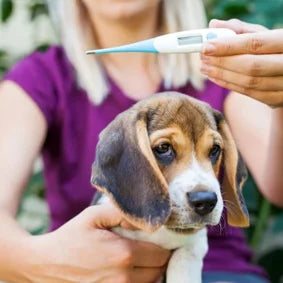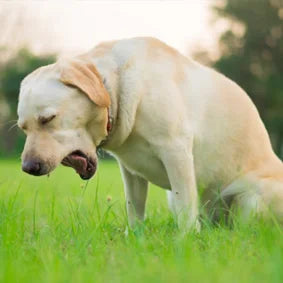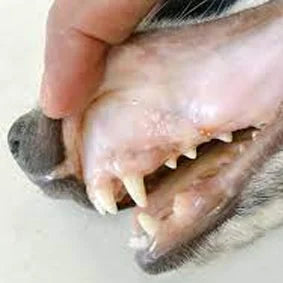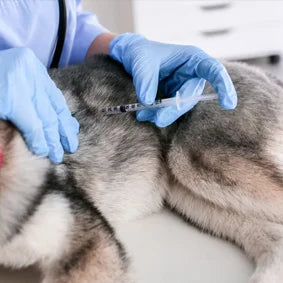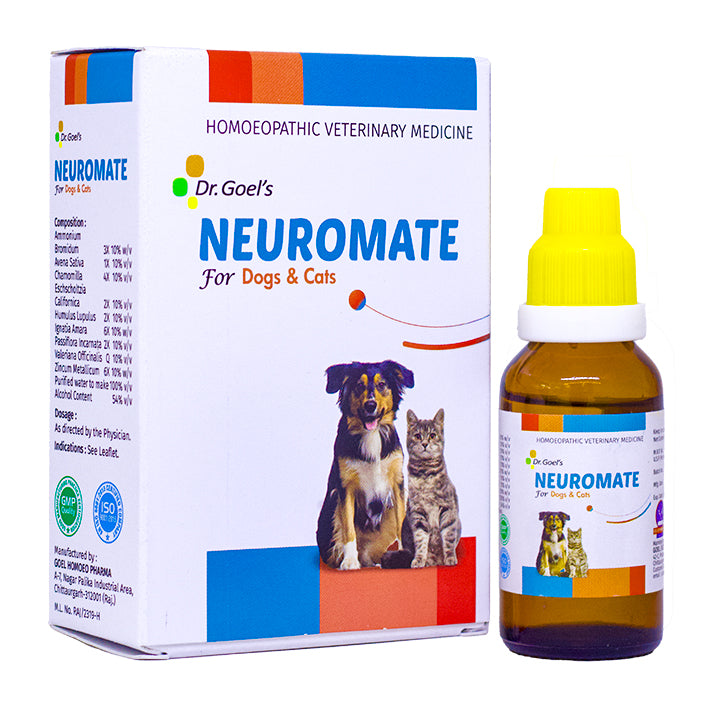Seizure & Epilepsy Disorder –
A seizure is a sudden and uncontrolled burst of electrical activity in the brain. It can manifest in various ways, such as convulsions, twitching, jerking, loss of consciousness, or abnormal behaviour.
Seizures in pets can be caused by a wide range of factors, including:
-
Epilepsy
This is a common cause of recurring seizures in pets and is thought to have a genetic basis. It often appears in young animals and may be managed with medication.
-
Brain Injury
Trauma to the head or brain can lead to seizures in pets.
-
Infections
Certain infections affecting the central nervous system can trigger seizures.
-
Metabolic Disorders
Imbalances in electrolytes, blood sugar levels, or other metabolic factors can lead to seizures.
Tips for preventing Epilepsy in pets
Preventing epilepsy in pets, often with a genetic predisposition, involves responsible breeding or adopting from shelters to mitigate hereditary risks. Regular veterinary check-ups aid in early detection and effective management of health issues. Supporting overall well-being through a balanced diet, regular exercise, and mental stimulation can reduce stress and promote good health, contributing to the overall happiness of our pets.
Symptoms of Seizure Disorder in pets
Seizure disorders in pets can manifest in various ways, and the specific symptoms may vary depending on the individual and the type of seizure. Some common symptoms of a seizure disorder in pets include:
-
Convlusions
The most noticeable sign is often the occurrence of convulsions, which can include involuntary muscle contractions, twitching, jerking, or paddling of the limbs. The pet may appear to be in an uncontrolled state during the seizure.
-
Altered Consciousness
Pets may experience altered consciousness during a seizure. They may appear disoriented, unresponsive, or unaware of their surroundings.
-
Staring Or Dazed Expression
Some pets may exhibit a vacant or dazed expression right before a seizure starts or after it ends.
-
Excessive Drooling
During a seizure, pets might drool excessively due to increased salivation.
-
Loss Of Bowel Or Bladder Control
In some cases, pets may lose control of their bladder or bowels during a seizure.
-
Vocalization
Some pets may vocalize, yelp, howl, or bark unusually during a seizure.
-
Pacing Or Restlessness
In the pre-ictal phase (the period before a seizure), pets might exhibit restless behaviour, pacing, or seeking comfort.
-
Postictal Phase
After a seizure, pets may experience a period of disorientation and exhaustion, often called the postictal phase. During this time, they may seem confused, lethargic, or temporarily blind.
-
Repetative Movement
In some cases, pets may exhibit repetitive movements during a seizure. These movements could include head bobbing, circling, or chewing motions.
-
Cluster Seizures
Cluster seizures are when a pet experiences multiple seizures within a short period, with little or no recovery time between episodes. Cluster seizures can be particularly concerning and may require immediate medical attention.
Treat your pet Epilepsy & Seizures with Dr.Goel's Neuromate
Epilepsy is a growing concern with pets and is a very common problem in veterinary. Epilepsy, sometimes called a seizure disorder, is a sudden, involuntary change in behaviour, muscle control, consciousness, and/or sensation. A seizure is often accompanied by an abnormal electrical discharge in the brain. The discomfort of the dog and the helplessness of the pet owners can be addressed with NEUROMATE for PET, a Homeopathic Veterinary Medicine to treat Epilepsy symptoms for any reason.
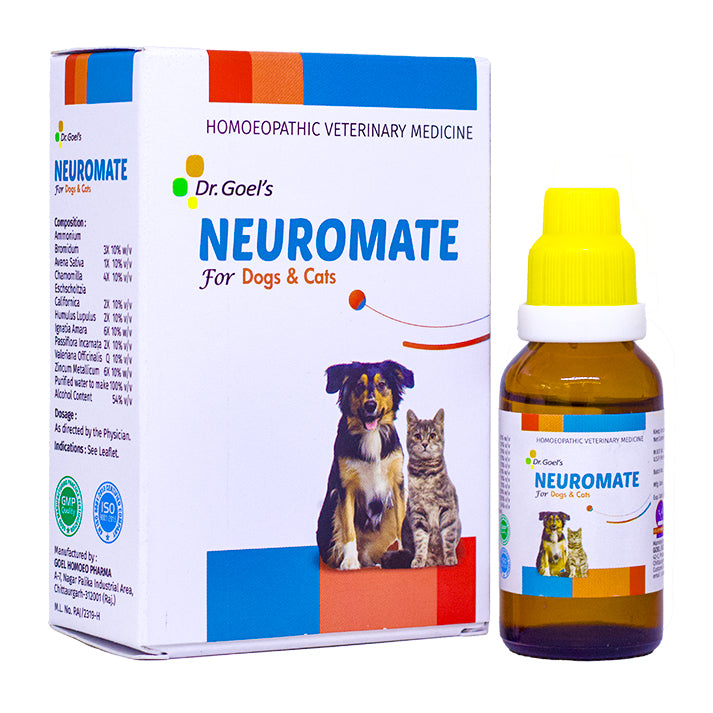
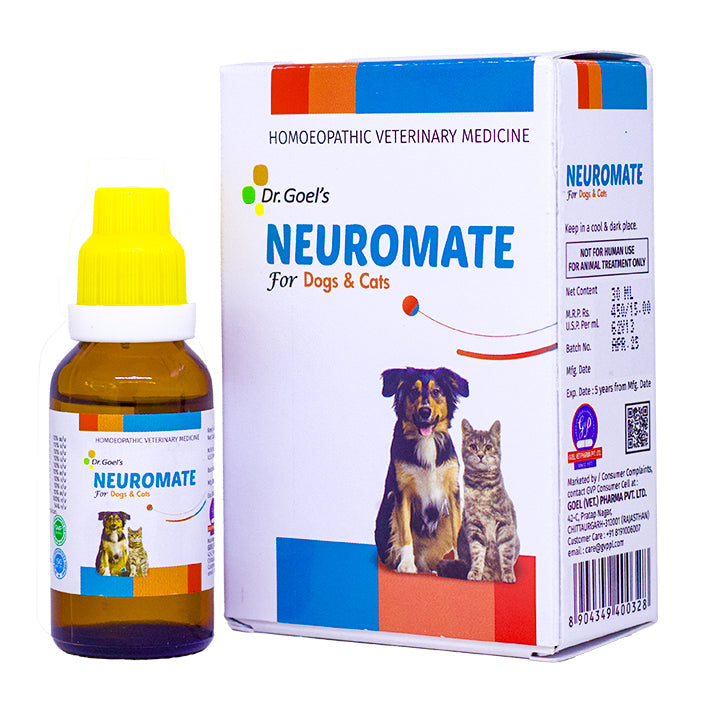
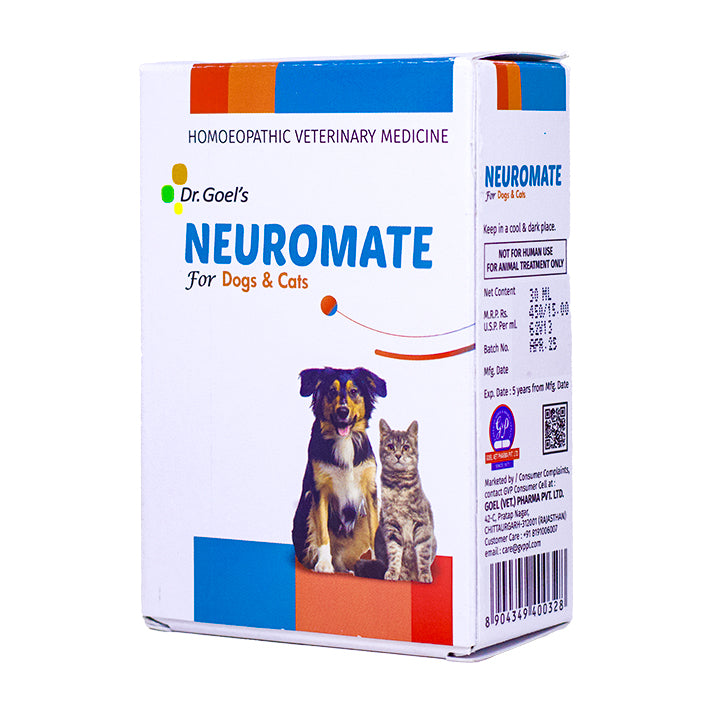
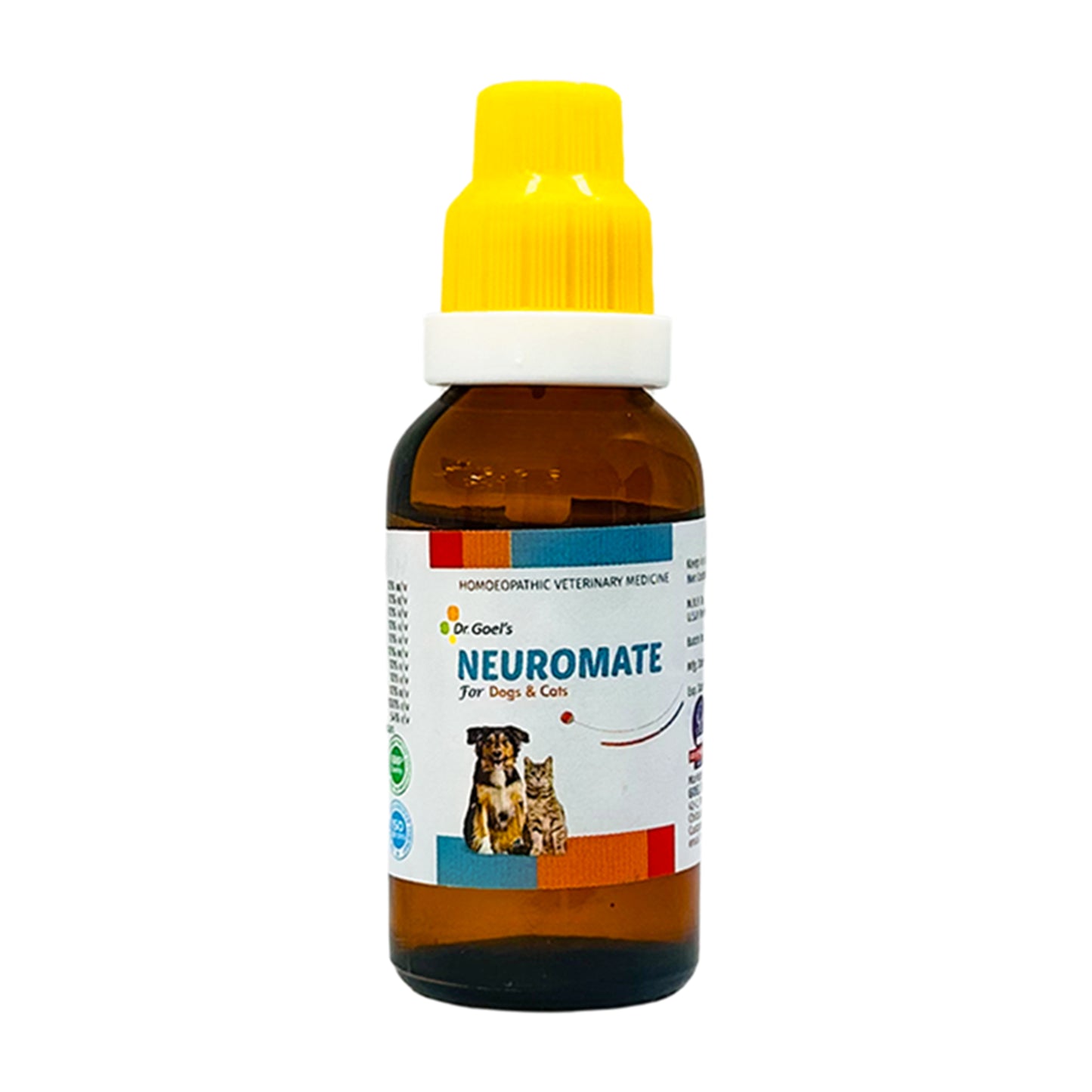
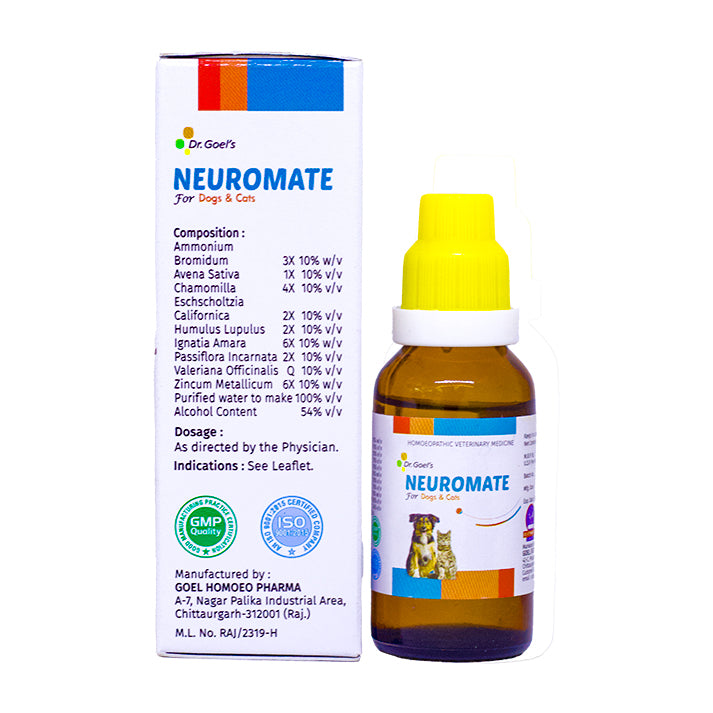
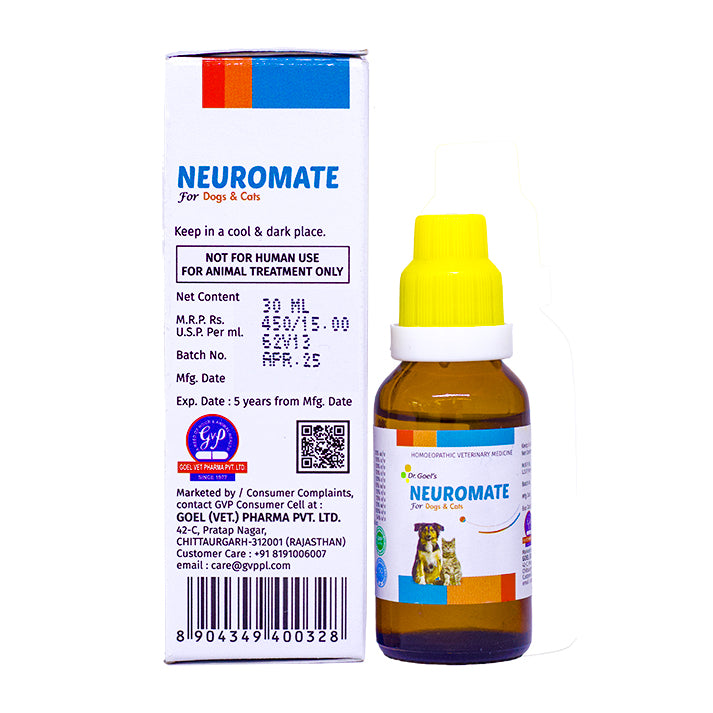
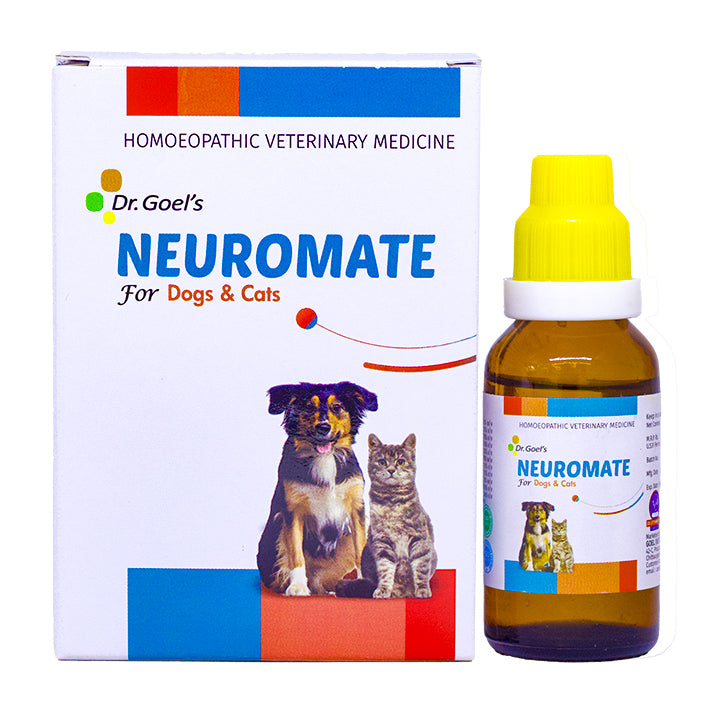
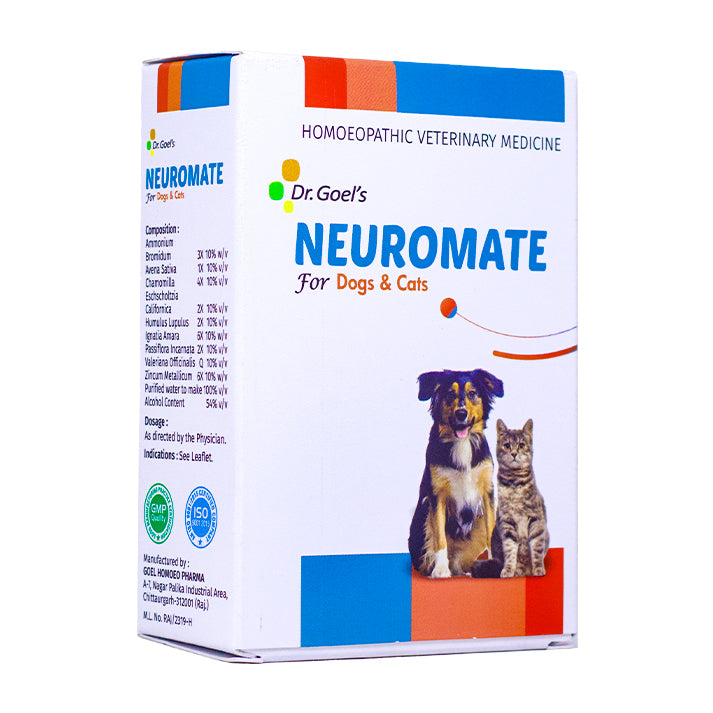
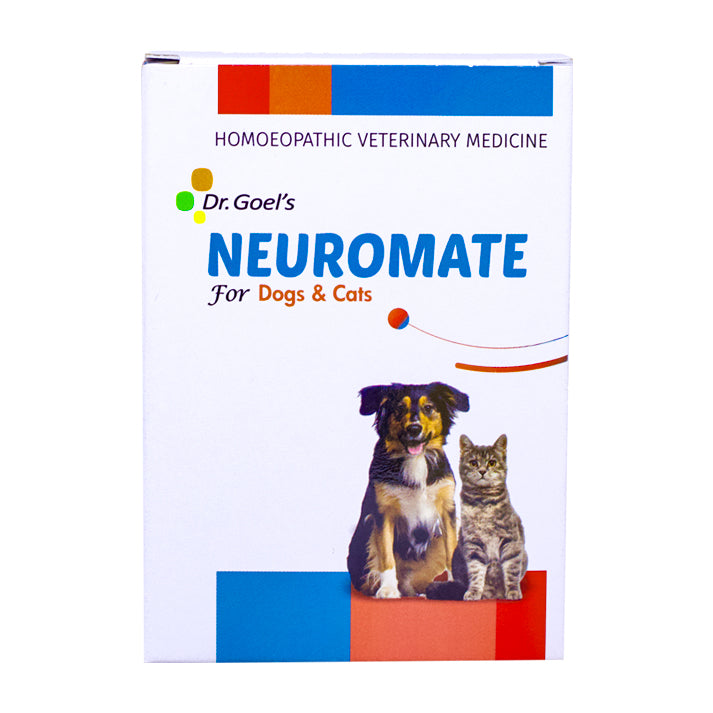
Me & My My VITALITY
GRANULES FOR PETS ( For Indigestion in Pets )
Me & My DIGESTION Pet Supplement is a unique formula of valuable supplements for Dogs & Cats which help maintain the gut health of your lovable pets. It thus maintains the PH of the gut during gastric disturbances like biliary obstruction, vomitions, dyspepsia, food poisoning or any other and protects your pet’s health







Trusted by Veterinarians
“As a veterinarian, I am thrilled to endorse Dr. Goel Vet Pharma’s homeopathic products for our furry friends. Their commitment to advancing homeopathic veterinary medicine is evident in the exceptional quality of their products. The innovative solutions they provide have significantly enhanced our ability to care for our animal patients, ensuring optimal health outcomes. I highly recommend Dr. Goel Vet Pharma’s products to pet parents for their unwavering dedication to the well-being of pet animals and the invaluable support they offer to the veterinarian community.”
– Dr. Sakshi Sharma (B.V.sc. & A.H. M.V.Sc , NET)














